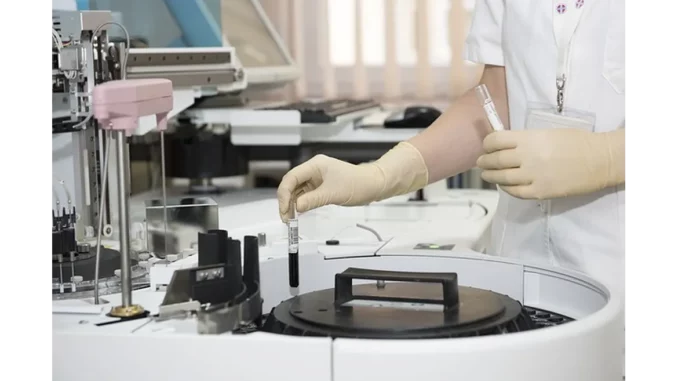
In the rapidly evolving field of precision medicine, radiogenomics stands out as a revolutionary approach that promises to transform cancer care. By integrating the disciplines of imaging, genomics, and artificial intelligence (AI), radiogenomics offers a non-invasive, personalised strategy to understand tumour biology and tailor treatment to individual patients. Given that cancer remains a leading cause of mortality worldwide, the development of innovative solutions such as radiogenomics has become an imperative.
Radiogenomics is an interdisciplinary fusion of radiomics and genomics. Radiomics involves the extraction and analysis of vast amounts of quantitative data from medical images, capturing details that may not be visible to the naked eye. These details—encompassing texture, shape, and intensity—are essential for constructing predictive models. Conversely, genomics delves into the study of complete DNA sequences within cells, concentrating specifically on genetic mutations that drive cancer progression. The integration of these fields is facilitated by AI, which correlates imaging phenotypes with genomic data to offer a comprehensive view of a tumour’s characteristics. This dynamic synergy is instrumental in identifying biomarkers that can predict treatment response, disease progression, and patient survival, thus propelling the advancement of precision medicine.
Artificial intelligence, particularly through machine learning and deep learning techniques, plays a crucial role in the realm of radiogenomics by handling and interpreting the complex datasets generated. AI algorithms excel in identifying patterns and correlations between imaging features and genetic mutations, providing essential insights for personalised cancer treatment. These AI-driven models have been employed to predict molecular subtypes of tumours, assess tumour heterogeneity, and evaluate the tumour microenvironment. Such capabilities are pivotal for devising effective treatment plans tailored to individual patients, moving away from the traditional, generic treatment approaches to a more customised methodology.
The applications of radiogenomics extend across various cancer types, such as breast, lung, brain, and prostate cancers. In the context of breast cancer, radiogenomics can predict recurrence likelihood and response to neoadjuvant chemotherapy by analysing MRI scans against genomic data. In cases of brain tumours like glioblastoma, radiogenomics offers a non-invasive method to assess molecular markers, potentially reducing reliance on surgical biopsies. Furthermore, the integration of radiogenomics in clinical trials is revolutionising patient stratification and treatment monitoring. By identifying imaging biomarkers that indicate treatment response, researchers can design more efficient trials with reduced sample sizes, thereby accelerating the development of new therapies.
Despite its promising potential, radiogenomics encounters several challenges that must be addressed for broader clinical adoption. A significant issue is the standardisation of imaging and feature extraction techniques across various institutions and imaging modalities. Discrepancies in imaging protocols can lead to inconsistencies in radiogenomic analyses, impacting the reproducibility and reliability of results. Another challenge lies in the interpretability of AI models. As these models grow more complex, understanding the reasoning behind their predictions becomes increasingly difficult, potentially hindering clinical acceptance. Efforts are being made to develop explainable AI techniques that can provide transparency in model decisions, thereby enhancing clinician trust in AI-generated insights.
The future of radiogenomics is likely to involve its integration with multi-omics data, including proteomics and metabolomics, to offer a more holistic view of the tumour ecosystem. This comprehensive approach is expected to enrich our understanding of the tumour immune microenvironment, thereby paving the way for novel immunotherapeutic strategies. As research in this field continues to progress and its clinical applications expand, radiogenomics has the potential to revolutionise cancer care. By harnessing the power of AI to integrate imaging and genomic data, radiogenomics offers a detailed understanding of tumour biology, enabling the development of tailored therapeutic strategies that significantly improve patient outcomes. The promise of radiogenomics in delivering truly personalised cancer treatment is becoming an increasingly attainable reality.


Be the first to comment